Sorrento Therapeutics, Inc. announced it has entered into an exclusive license agreement with Mayo Clinic for a potential breakthrough technology platform that is capable of generating a great diversity of stable antibody-drug-nanoparticle albumin-bound (nab) immune complexes (ADNICs) targeting many types of human diseases including various solid and liquid tumors. The ADNIC is the next generation in antibody drug conjugate (ADC) technology that potentially addresses limitations of current ADC technology, such as complex manufacturing processes (e.g., antibody-chemotherapy linkers), which can affect drug half-life, stability and tumor accessibility, and result in high cost of goods (COGs). The ADNIC platform is currently generating clinical data at Mayo Clinic through clinical trials with multiple investigational products in a variety of cancers including ovarian, endometrial, and multiple lymphoma sub-types. These trials will continue and are expected to be expanded.
The ADNIC technology, developed at Mayo Clinic, offers many potential advantages like :
Optimizes the likelihood that a chemotherapeutic payload will be preferentially delivered to the specific, targeted cancer cell type (supported by existing preclinical pharmacokinetic (PK) data);
Potentially more efficient and effective than traditional ADCs because ADNICs allow for the entire ADNIC complex to be absorbed into the targeted cancer cell rather than just the chemotherapeutic payload; and
Uses non-covalent binding to external albumin sites to potentially facilitate delivery of both a monoclonal antibody and chemotherapeutic payload directly to the tumor and its microenvironment.
The ADNIC technology potentially eliminates the need to use covalent linker technology by incorporating therapeutically or immunologically active antibodies in a reversible manner with a nanoparticle composed of albumin and a payload of one or more drugs.
The platform has indicated clinical benefits in an FDA-cleared investigator-sponsored trial at Mayo Clinic under the supervision of Svetomir Markovic, M.D., Ph.D., a medical oncologist and hematologist. Preliminary results suggest that patients have experienced clinical benefit from receiving prototype product candidates that utilize the ADNIC technology developed by Dr. Markovic and Wendy Navalo at Mayo Clinic, including objective responses in heavily pre-treated patients with advanced cancers.
The technology platform is protected by a rich intellectual property portfolio comprised of 17 patent families, 32 patents granted to date with life through at least 2035 and another 135 patents pending.
“This stable complex potentially allows for the delivery of higher doses of active drug directly into the tumor as demonstrated in animal studies and in preliminary trials in cancer patients,“ according to Dr. Markovic, the inventor of the ADNIC technology at Mayo Clinic. The reversibility of complex formation may allow for deeper tumor penetration, thereby potentially enabling a better anti-tumor effect. The exclusive license to the ADNIC platform also includes access to a proprietary and scalable manufacturing process that is expected to enable high product yield and low COGs.
“The Mayo Clinic-developed ADNIC platform is a perfect fit for our extensive G-MAB antibody products including but not limited to our anti-PD-L1, anti-CD38, anti-BCMA and anti-ROR1 antibodies. We will accelerate the development and commercialization of this amazing technology by generating and developing multiple next-generation ADNIC product candidates for the potential treatment of cancer, COVID-19 and other human diseases,” stated Henry Ji, Ph.D., Chairman and CEO of Sorrento Therapeutics. “Teaming with Mayo Clinic, this license expands Sorrento’s mission of developing innovative life-saving medicines for unmet medical needs,” continued Dr. Ji. Sorrento will continue to execute on the clinical development strategy developed by Mayo Clinic for multiple ADNIC lead product candidates in COVID-19 and multiple solid and hematologic malignancies.
Mayo Clinic, Dr. Markovic and Ms. Navalo have financial interests in the technology referenced in this release. Mayo Clinic will use any revenue it receives to support its not-for-profit mission in patient care, education and research.
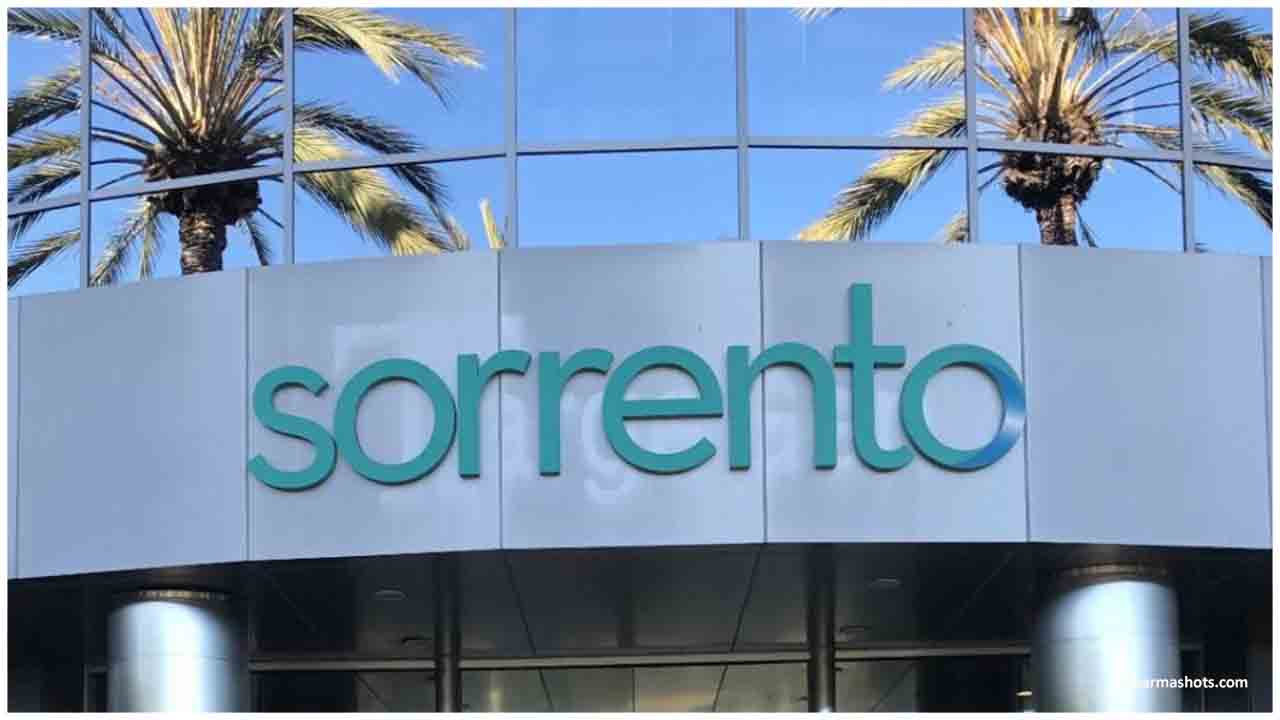
 Antibody-Drug-Nanoparticle Albumin-Bound Immune Complex (ADNIC) platform exclusive license from Sorento
Antibody-Drug-Nanoparticle Albumin-Bound Immune Complex (ADNIC) platform exclusive license from Sorento





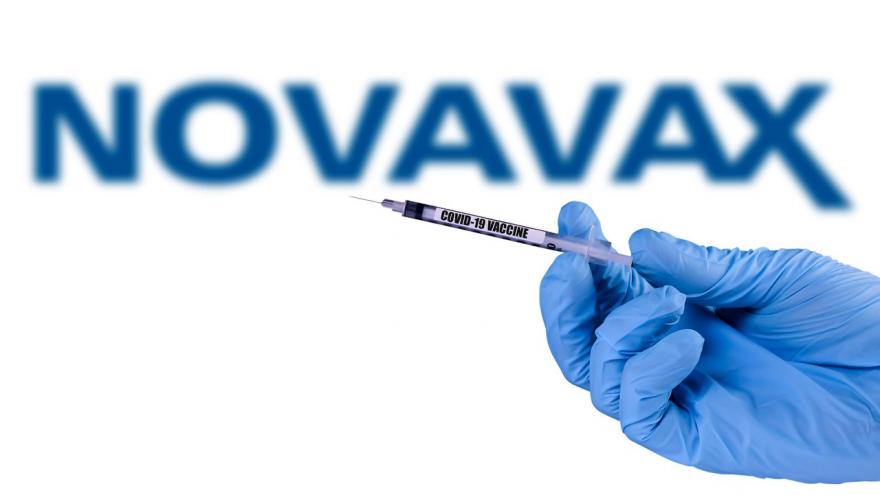
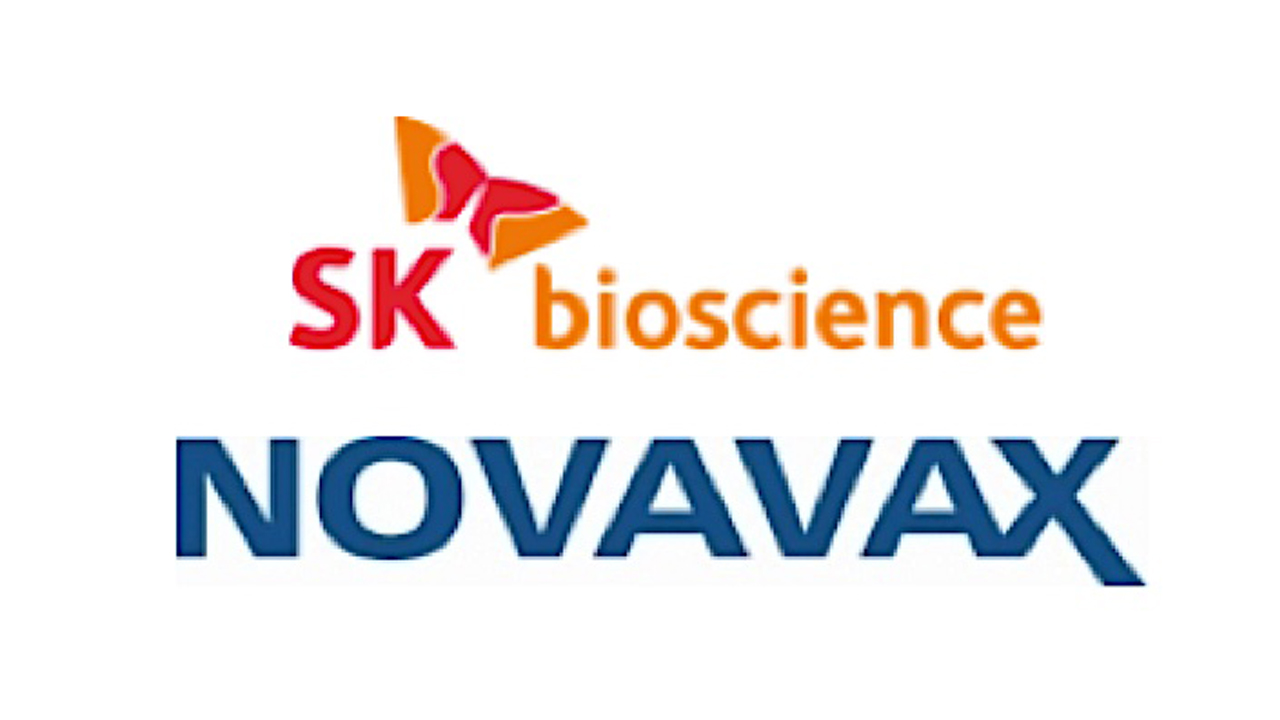
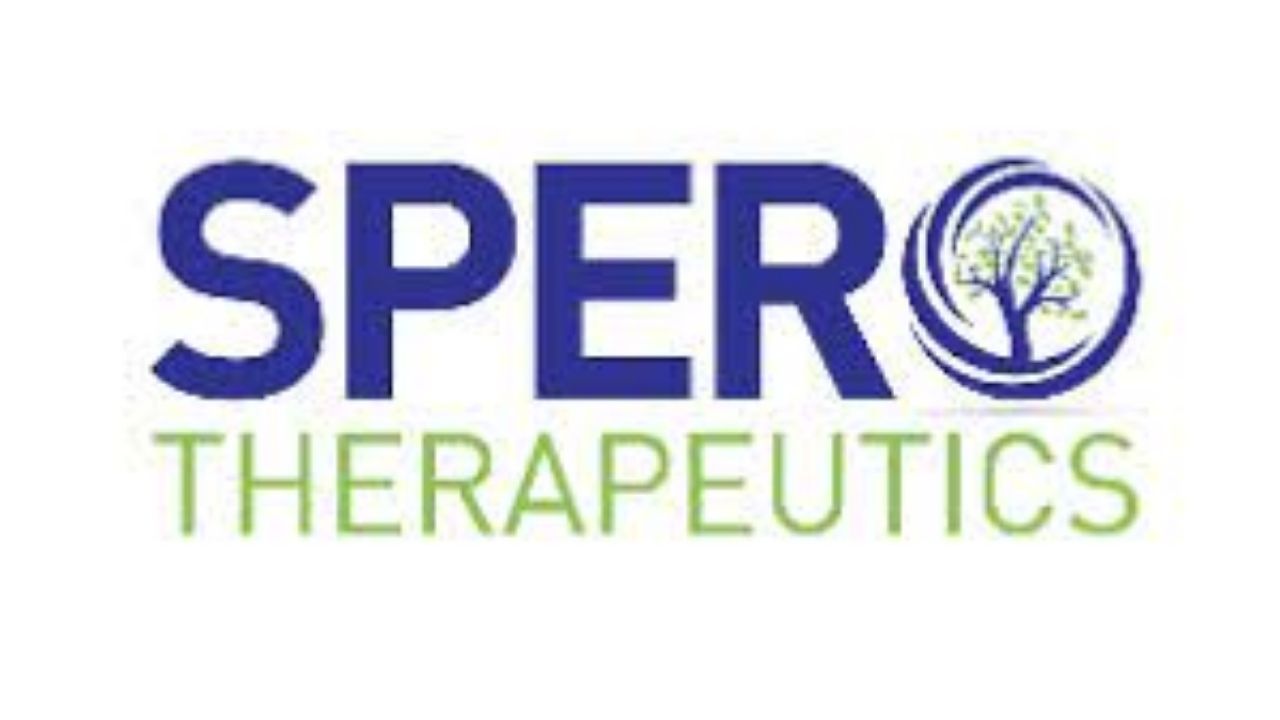
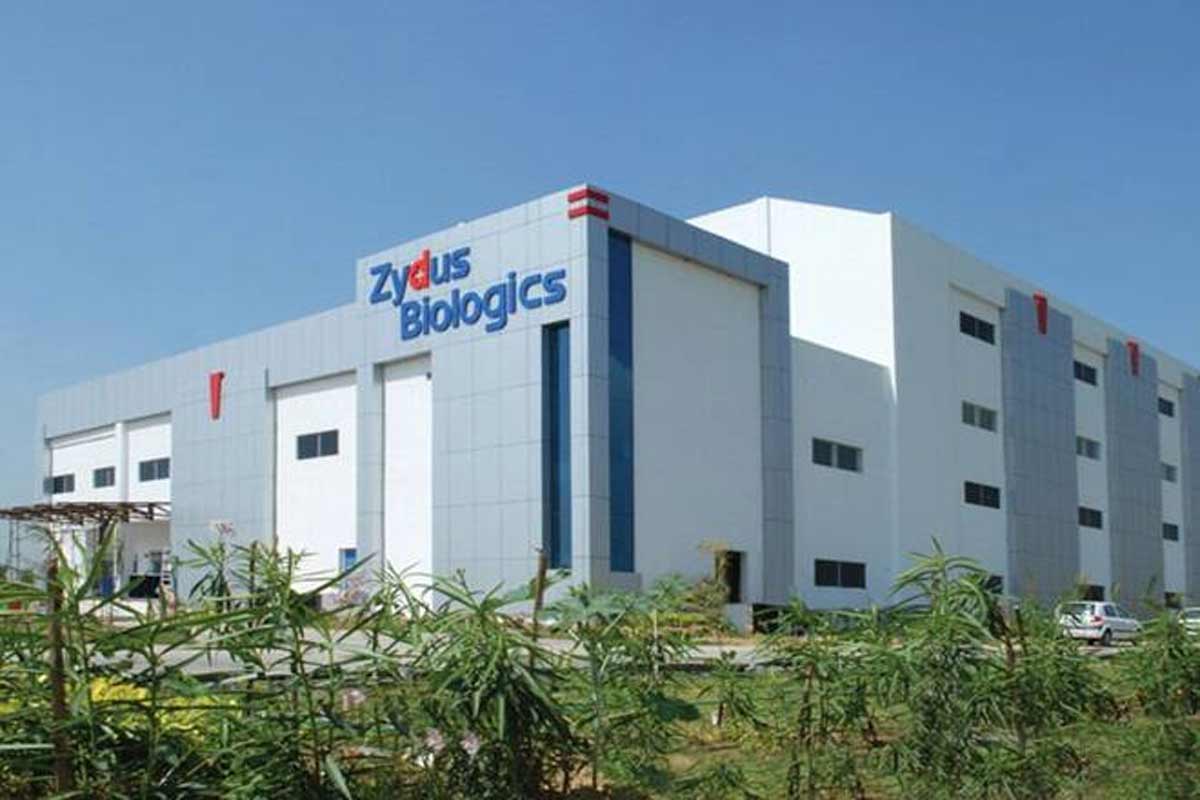
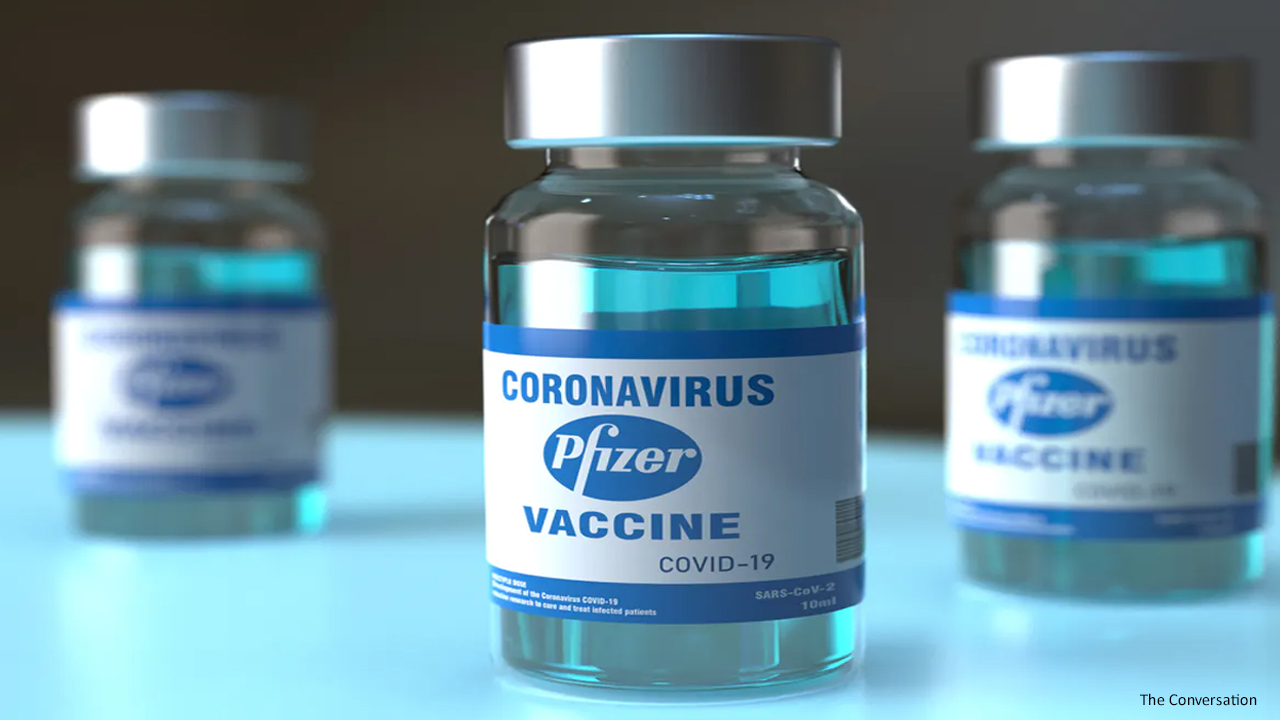



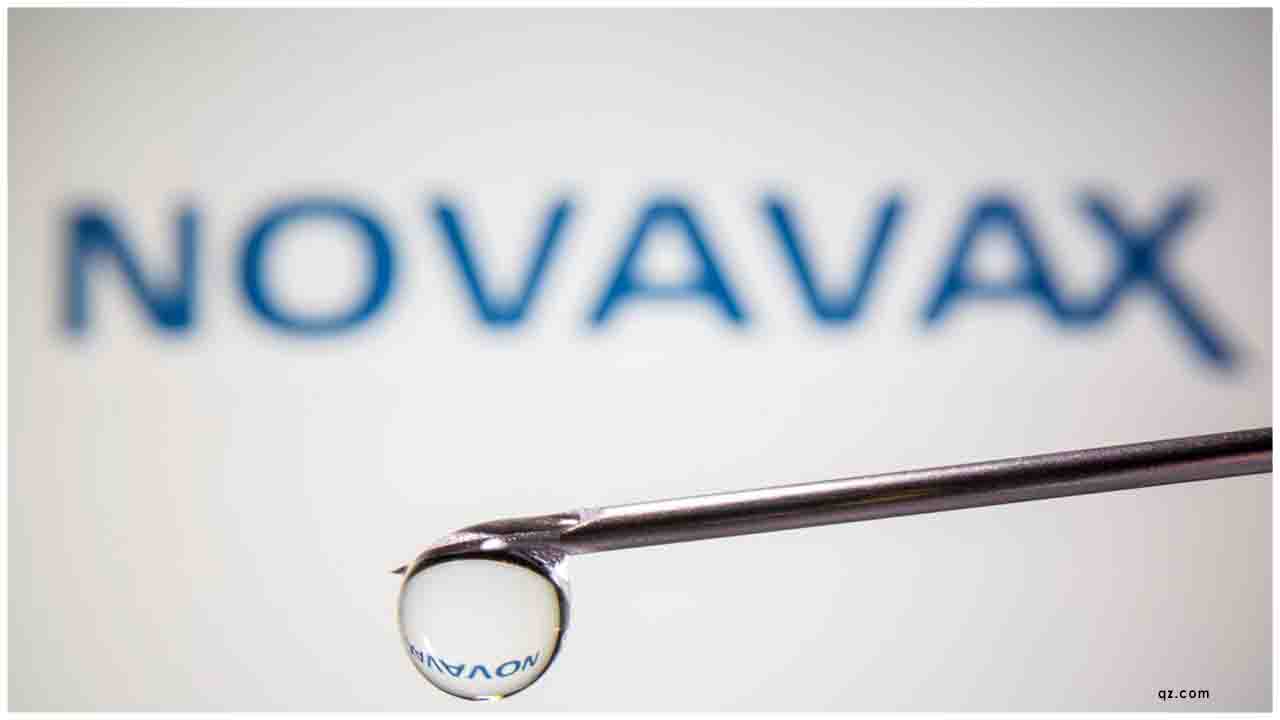
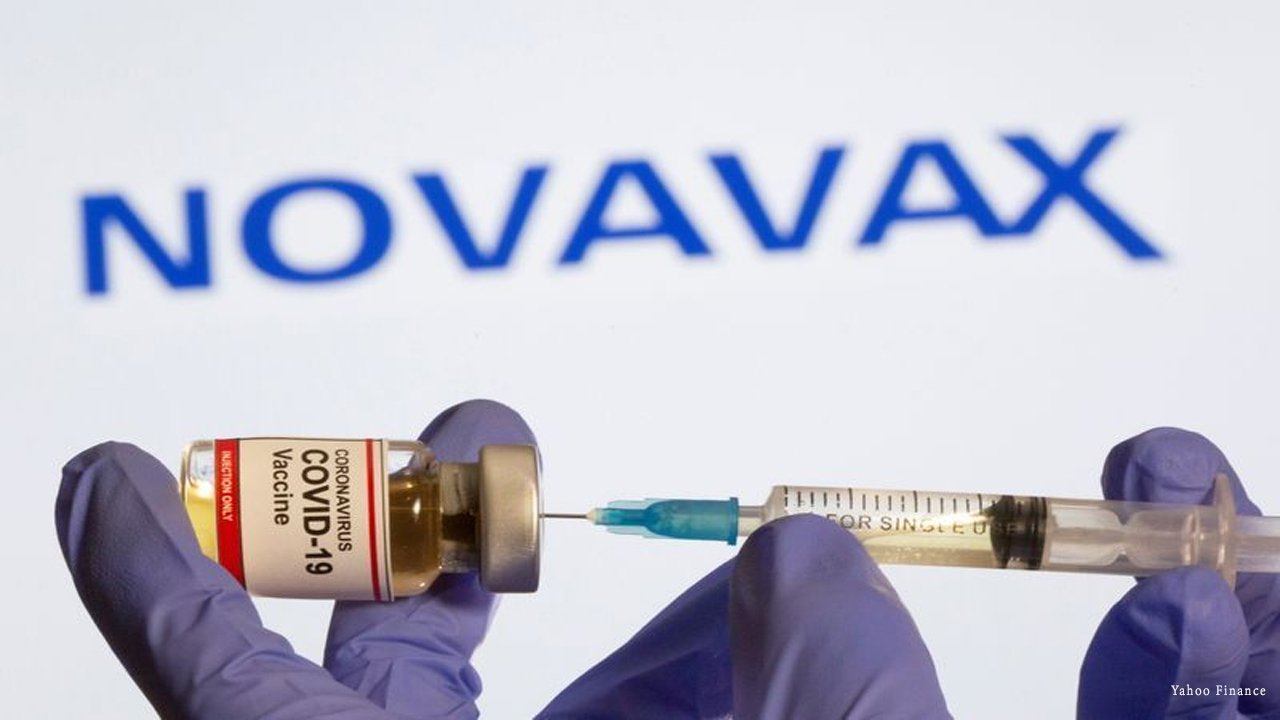





.jpeg)

.jpeg)










.jpg)




.jpg)

